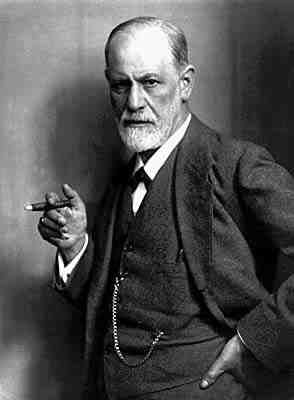Health
What is a Psychological Disorder?
One in four adults in the U.S. is diagnosable with a psychological disorder
Posted March 12, 2015 Reviewed by Lybi Ma
By Amy Broadway, researcher at the Brogaard Lab for Multisensory Research

When it comes to navigating personal relationships, it’s to our advantage to be sensitive to mental health issues. Our mental health as well as the mental health of those we love are crucial to successful interaction. According to the National Institute of Mental Health, around one in four adults in the United States is diagnosable for one or more psychological disorders in a given year.
It’s not easy to determine what is a psychological disorder. The DSM-IV explains, “…the concept of mental disorder (like many other concepts in medicine and science) lacks a consistent operational definition that covers all situations.”
Psychologists define a psychological disorder broadly as psychological dysfunction in an individual that is associated with distress or impairment and a reaction that is not culturally expected. When considering if something is a symptom of a disorder, consider the three Ds: Is it psychologically dysfunctional? Is it distressing or handicapping to the individual or others? Is it associated with a response that is atypical or deviant?
Psychological dysfunction refers to the cessation of purposeful functioning of cognition, emotions or behavior. The comedian Maria Bamford has obsessive-compulsive disorder (OCD), which is expressed in cognitive dysfunction. Any disorder may be expressed in a myriad of ways depending on the person. Bamford has obsessive thoughts about hacking people up and having sex with their body parts. She doesn’t want to have these thoughts. They are involuntary, intrusive and not based in reality. These thoughts distress Bamford.
In some disorders, distress may result directly from emotional dysfunction as in generalized anxiety disorder. Many disorders—eating disorders, personality disorders, mood disorders—entail emotional suffering with their symptoms. However, some people expressing a disorder may not be distressed about it. People with bipolar disorder often enjoy manic episodes, even if these episodes hurt their lives and cause distress for those around them. The distress from a mental illness can come as a byproduct of other problems caused by the mental illness. In this Frontline documentary, you can see how people’s whole lives are wrecked, because they do not have the means to manage mental illnesses.
The last criteria is particularly hard to discern, since what is "normal" is hard to define. Many people have idiosyncrasies or eccentricities that may not be harmful. We shouldn’t assume that because someone acts oddly that their behavior should be harmful. One way to think about whether or not behavior is abnormal is whether or not it is something normal done to the extreme. Bibliomaniacs collect books, which is a normal behavior, but they do it to the point of sabotaging other areas of their lives.
It’s important to note that each one of these conditions is not on its own sufficient to be a disorder. A drunk person can experience psychological dysfunction without having a psychological disorder. Most healthy people have distress over the death of a loved one or even a breakup. Bjork may wear strange outfits and possess a healthy mind.
References
Barlow and Durand (2011). Abnormal Psychology: An Integrated Approach, 6thedition. Belmont, CA;Wadsworth.


